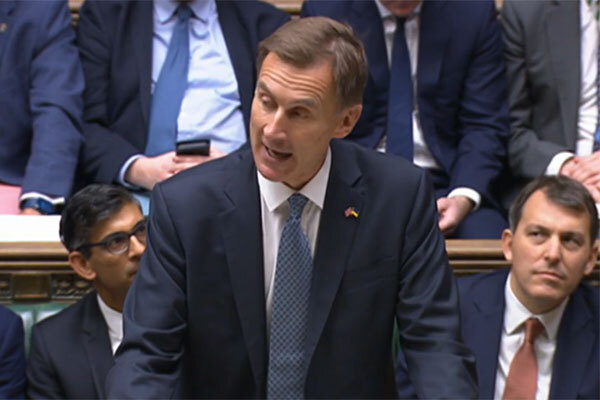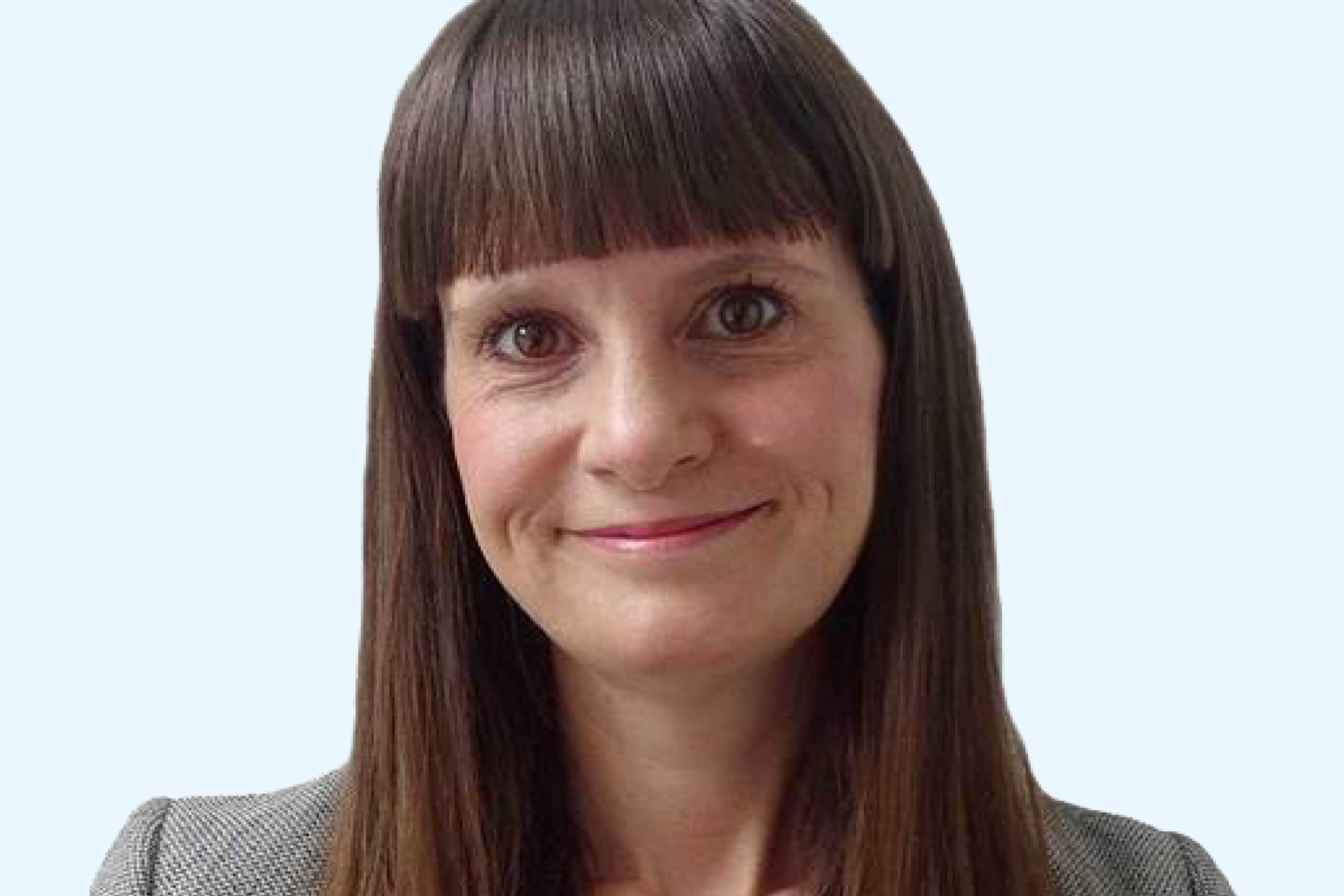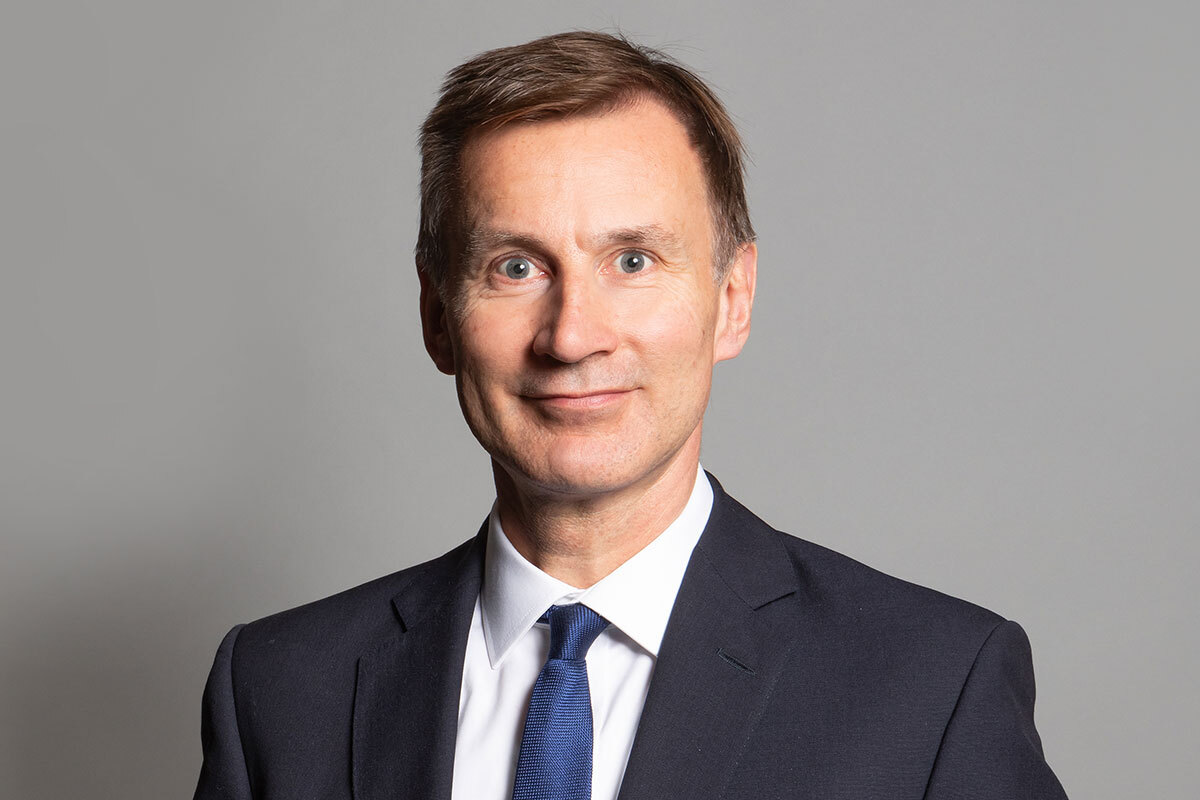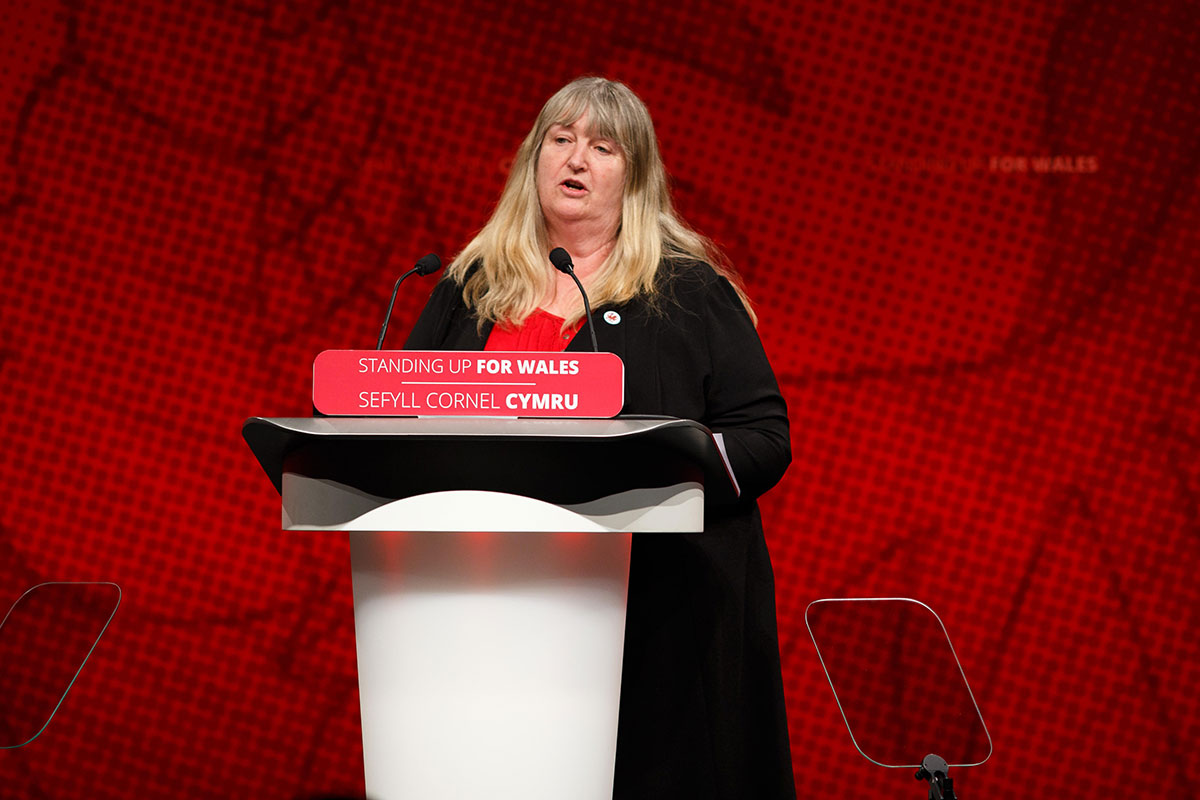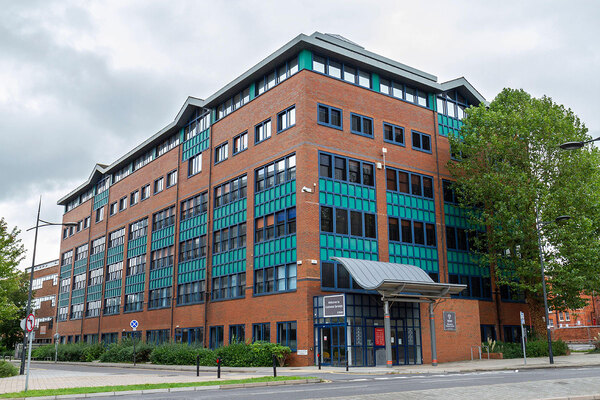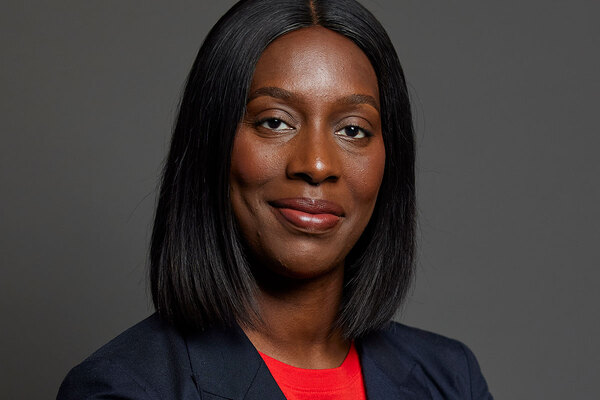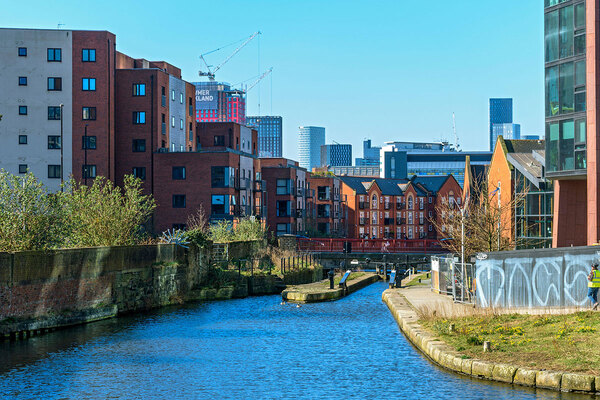Chancellor confirms 7% rent cap for social landlords
Chancellor Jeremy Hunt has confirmed that social rents in England are set to be capped at 7% from April next year.
The chancellor corroborated earlier reported figures during his Autumn Statement delivered in parliament this morning that he was poised to announce a 7% rise following a consultation in the summer.
Introducing his decision to cap rent at 7%, Mr Hunt said it was about protecting the most vulnerable as “difficult choices are not just meant to make accountants happy”.
He explained that with the current rate of inflation, as set by the Consumer Price Index (CPI), current proposals could have seen rent hikes of up to 11%.
Mr Hunt said the changes would affect four million social housing tenants and could save them £200 next year on average.
Documents published alongside the statement have confirmed that supported housing providers will be exempt from the rent cap and will continue to be allowed to increase rents by CPI+1 from April.
Earlier this year, Kate Henderson, chief executive of the National Housing Federation, claimed that supported housing providers could become unviable if there was a rent freeze.
The consultation, launched by the Department for Levelling Up, Housing and Communities, originally said a 5% ceiling was preferred because it would “strike an appropriate balance” between protecting tenants from huge rent hikes and social landlords’ budgets.
Housing trade bodies the National Housing Federation and the Chartered Institute of Housing both warned the government last month that any cap below 7% from next April could have significant impacts on the sector.
At the same time, an analysis carried out by the G15 group of London’s largest associations found that over the next five years, a cap at 7% would see re-investable income reduced by 3.2bn.
In addition, a group of large housing associations based in the South West previously warned that a 7% cap would mean 2,621 affordable homes not being built.
Some campaigners have already warned that housing association tenants and residents are considering a mass non-payment of increased rents and service charges unless the government imposes a freeze across the board.
The Social Housing Action Campaign urged the government to freeze social and shared ownership rents as well as service charges for 2023-24. It argued that any increase risks worsening poverty and homelessness amid the cost of living and energy crises.
Earlier on in his statement, Mr Hunt blamed “unprecedented global headwinds” and Russia’s invasion of Ukraine for the energy crisis, which is why his plans were necessary to “respond to an international crisis with British values”.
“To be British is to be compassionate,” he added in response to some jeers from inside the House of Commons.
Sign up for our daily newsletter
Already have an account? Click here to manage your newsletters
